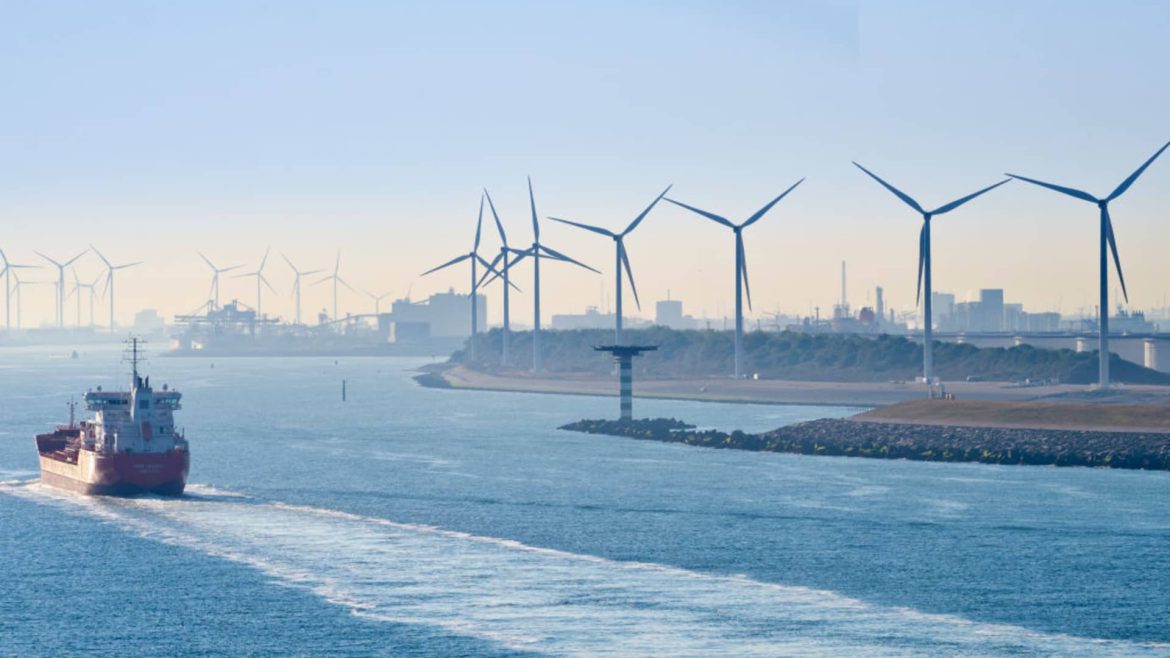The shipping industry is encountering significant developments amid an increased awareness of climate change issues. A key point of discussion is the cost of decarbonizing the shipping industry and the potential impact on consumers.
### Decarbonization Impact on Consumers
**Inflationary Impact**: According to Bertrand Chen, CEO of the Global Shipping Business Network, the decarbonization of shipping will have an inflationary effect on consumers, an inevitable consequence of efforts to reduce emissions. Chen expressed his views during CNBC’s East Tech West conference in the Nansha district of Guangzhou, China, where he highlighted the potential trade-off consumers may have to live with.
**EU’s Emissions Trading System (ETS)**: The European Union’s Emissions Trading System (ETS), which is set to be extended to the shipping industry in January 2024, will require large ships entering EU ports to pay charges for their carbon dioxide emissions. This move is an attempt to put a cost on carbon for the region’s most polluting industries.
### The Role of Alternative Fuel
**Methanol Ships**: In response to the demand for decarbonization, shipping lines are exploring alternative fuel options. Some are actively investing in methanol ships as a proactive step towards reducing emissions, while others are adopting a more passive approach. Market leader Maersk launched its first vessel powered by green methanol in September, signaling a notable shift towards sustainable shipping practices.
**Consumer Demand**: Consumers are likely to embrace shipping and production methods that align with their environmental values, but they will require transparent evidence of the sustainability efforts due to concerns about greenwashing. Future consumer behavior may be influenced by a willingness to support companies that prioritize eco-friendly practices.
### Future of Decarbonization in the Shipping Industry
**Blockchain and Emission Reduction**: Chen emphasized the importance of transparent proof of sustainable practices in the shipping industry. He suggested that blockchain technology could play a pivotal role in storing and providing access to legal and financial documents, serving as an effective way to demonstrate adherence to emission reduction goals.
**International Maritime Organization**: Maritime nations recognized the importance of emission reduction during a meeting of the United Nations’ International Maritime Organization in July, aiming for significant reductions by or around 2050.
With these developments, the shipping industry is facing a transformative period as it navigates the challenges and opportunities associated with decarbonization and sustainability. These changes will undoubtedly shape the industry’s future and influence consumer behavior on a global scale.

I have been featured in numerous publications, both online and offline, and am a regular speaker at industry events. I am also the founder of Crypto University, an online educational platform that helps people learn about cryptocurrencies and blockchain technology. In addition to my writing and teaching career, I am also an active investor in the cryptocurrency space. I have made investments in some of the leading projects in the space, and my portfolio has outperformed the market by a wide margin
